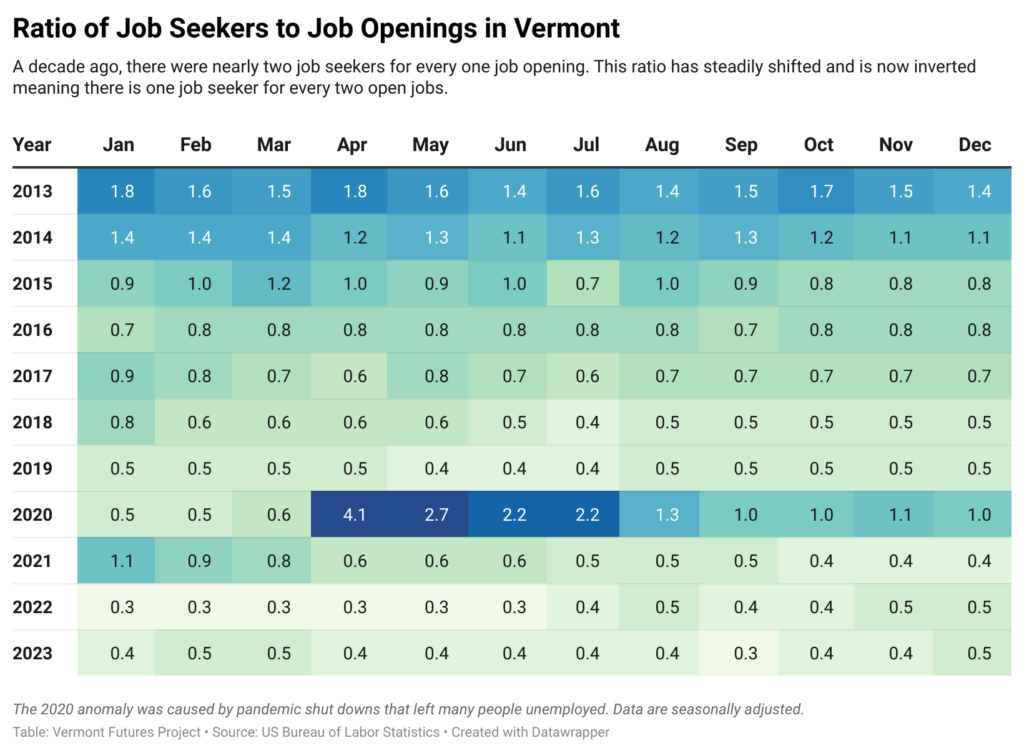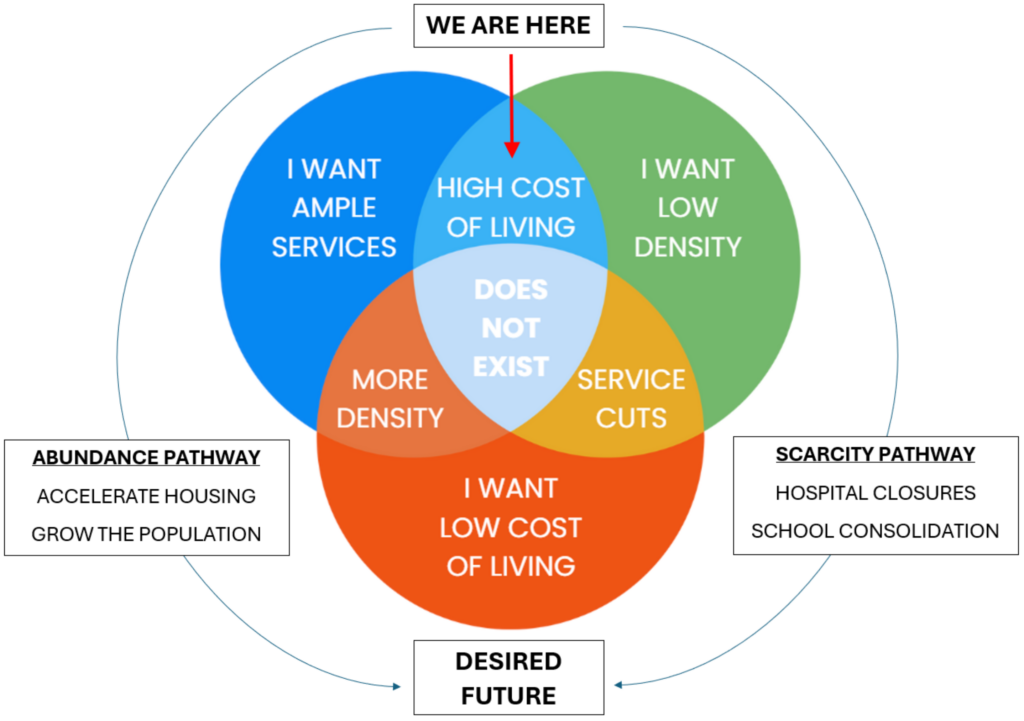Lawmakers Weigh Housing Solutions to Address Affordability and Infrastructure Needs
The House General and Housing Committee continued its review of strategies to address Vermont’s housing challenges while also supporting sustainable development. Legislative hearings throughout the week brought together policymakers and industry experts to examine proposals aimed at modernizing housing stock, improving rental conditions, and investing in infrastructure to bolster long-term growth.
Central to the discussion was the Vermont Rental Housing Improvement Program (VHIP), which provides grants and forgivable loans to rehabilitate or create rental units. Lawmakers highlighted its role in increasing housing opportunities for individuals exiting homelessness, participants in resettlement programs, and people with disabilities. Stakeholders also examined the Vermont Manufactured Home Improvement and Repair Program, which would direct financial assistance to manufactured homeowners and park owners to support critical repairs and improvements.
Infrastructure investment was another key focus, with the proposal to establish a Vermont Infrastructure Sustainability Fund to support municipal water, sewer, and public infrastructure projects that enable housing development. Lawmakers also discussed the formation of a Residential Universal Design Study Committee to explore statewide accessibility standards for residential construction.
Beyond funding programs, the hearing included conversations on streamlining the appeals process for housing projects, municipal appeal standing, and the potential creation of a state land bank. Additional discussions touched on virtual group net metering, efficiency utilities, and brownfield redevelopment as part of a broader effort to modernize housing policy. The path forward for project-based Tax Increment Financing (TIF) and other widely supported proposals remains uncertain.
The committee is expected to refine these proposals prior to crossover, weighing funding allocations and regulatory reforms that will shape Vermont’s housing landscape. The Vermont Chamber will continue engaging with lawmakers to ensure that any final legislation includes targeted investments and policy solutions that support housing growth while strengthening Vermont’s economy.








